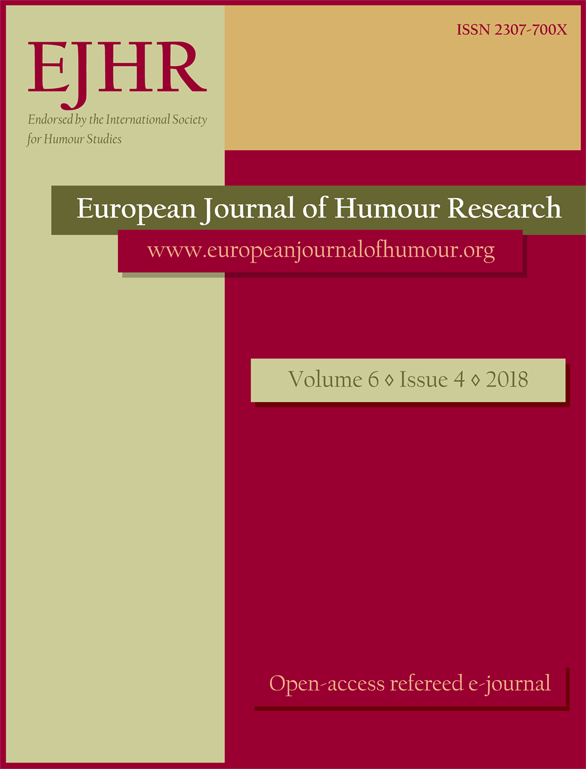The áwàda phenomenon:
The áwàda phenomenon:
Exploring humour in Wole Soyinka’s Alápatà Apátà
Author(s): Elijah Adeoluwa OlusegunSubject(s): Anthropology, Social Sciences, Theatre, Dance, Performing Arts, Language and Literature Studies, Fine Arts / Performing Arts, Customs / Folklore, Theoretical Linguistics, Applied Linguistics, Communication studies, Sociology, Pragmatics, Sociolinguistics, Descriptive linguistics
Published by: Krakowskie Towarzystwo Popularyzowania Wiedzy o Komunikacji Językowej Tertium
Keywords: áwàda; humour; satire; Nigerian drama; Moses Olaiya
Summary/Abstract: This article explores the deployment of humour in Wole Soyinka’s new and full-length play Alápatà Apátà. The emergence of Moses Olaiya (otherwise known as Baba Sala) on the Nigerian theatre scene at a time it was dominated by such colossuses as Hubert Ogunde, Duro Ladipo, and Kola Ogunmola, as a popular jester and comic actor has elevated the phenomenon called Zd to a popular form of art. The idea of serious theatre involving mostly tragedy had dominated the Nigerian theatrical scene to an extent that little attention is devoted to the less popular form of comedy until it was given impetus by the dexterity of Moses Olaiya. In the dramatic literary circle, Wole Soyinka bestrides the Nigerian space with his biting and humorous satire in such plays as The Lion and the JeZel, The Jero Plays, Childe International amongst others. With a great mastery of satire and humour, in his most recent play Alpat Apt, we witnessed a reincarnation of Moses Olaiya. However, Soyinka does not focus only on the character of Moses Olaiya (whom he dedicates the play to), he explores the misapplication of Yoruba language’s accent resulting in semantic oddity. The incongruity that can arise from the misunderstanding of language and its nuances is brought to the fore in our understanding of the theoretical exploration of the phenomenon called Zd. This article thus situates Wole Soyinka’s Alpat Apt within the literary and theatrical explication of humour in the Nigerian context showing that ‘that which is comic’ resonates as a universal human phenomenon irrespective of language.
Journal: The European Journal of Humour Research
- Issue Year: 6/2018
- Issue No: 4
- Page Range: 118-132
- Page Count: 15
- Language: English

